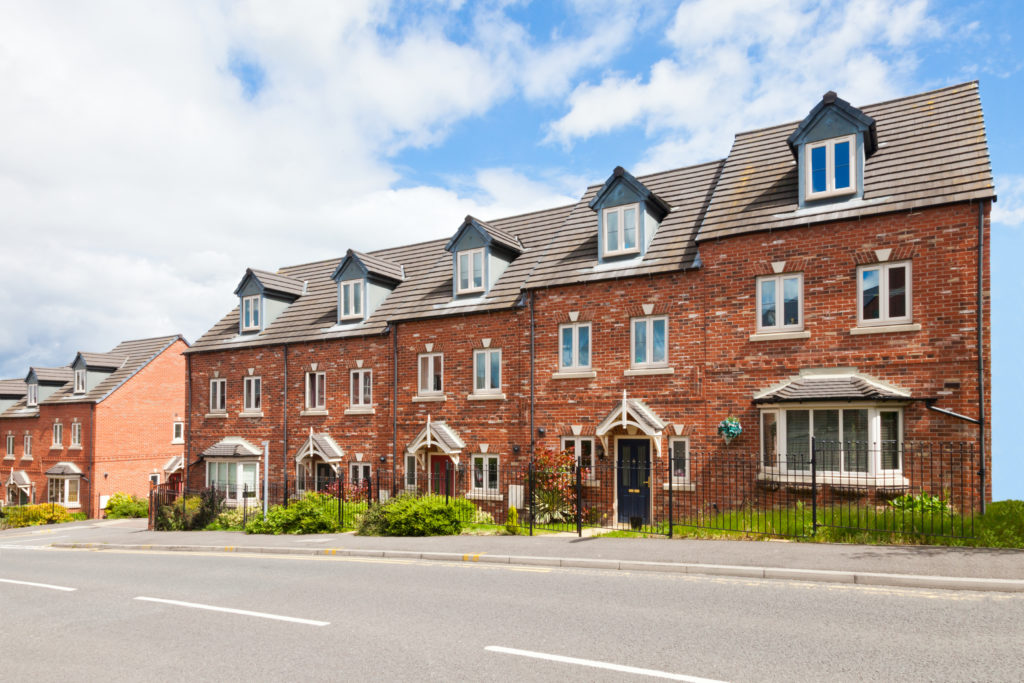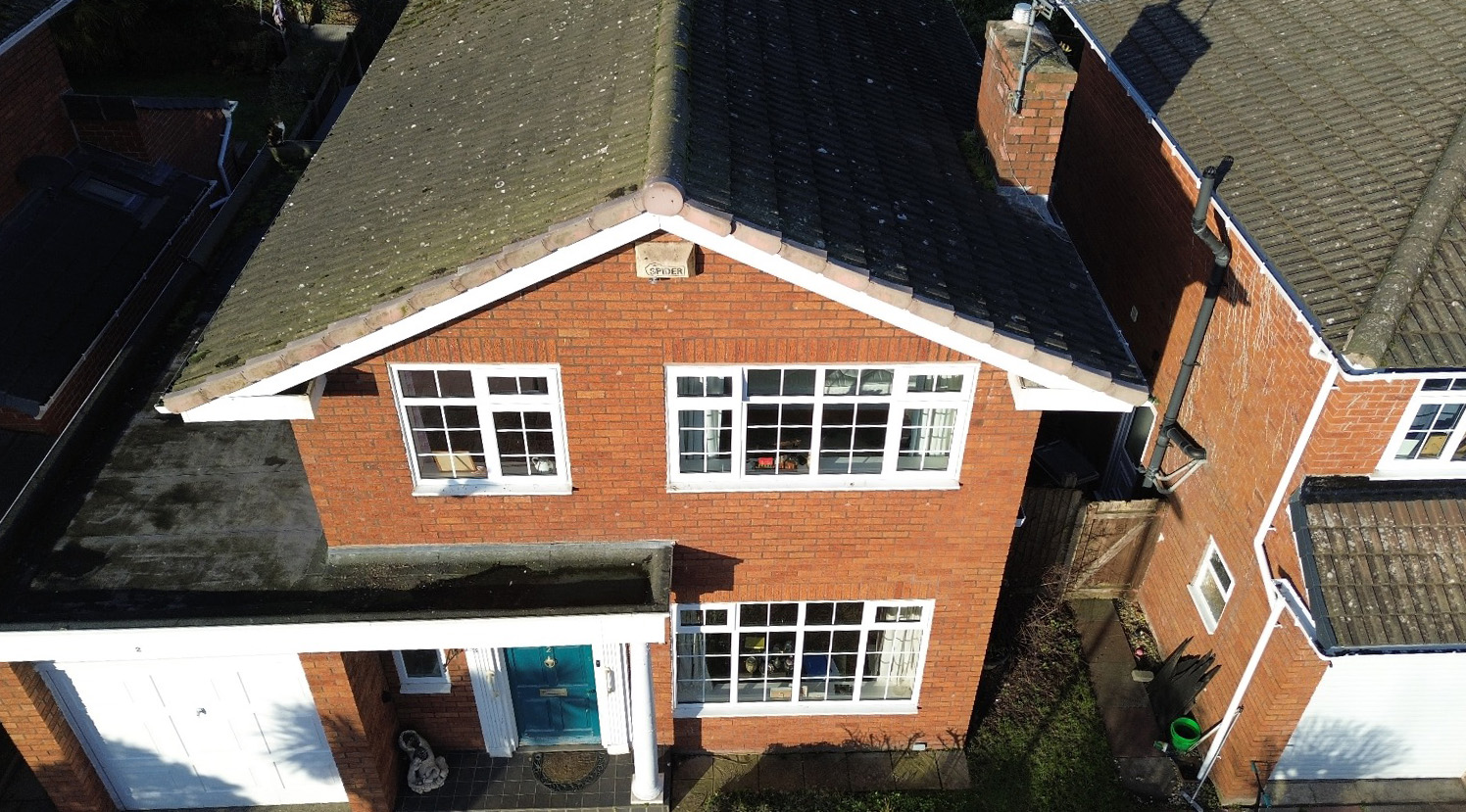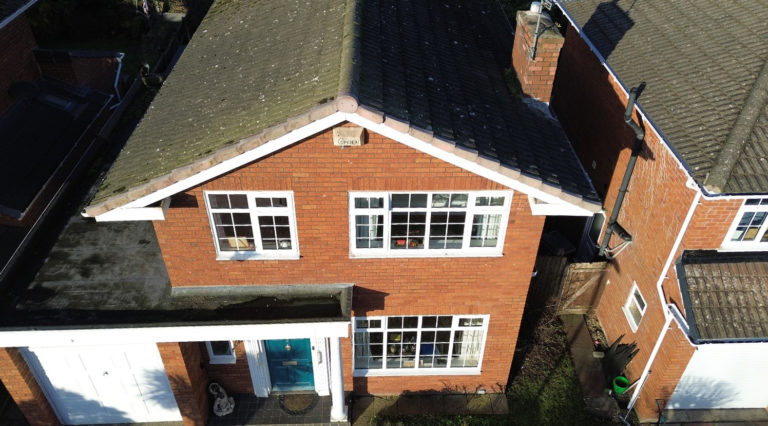When buying a property, you will likely come into contact with two seemingly similar terms: a valuation report and a home buyers survey.
While these terms sound similar, they are actually very different. We highlight the key differences between a valuation report and a home buyers survey and clarify their roles and significance for you.

Understanding a Valuation Report
A valuation report is an assessment conducted by a qualified and independent professional to determine the market value of a property. You might need a valuation report to price up your property for when you put it on the market, if you are in a Help To Buy or Shared Ownership circumstance, if you’re separating from a partner who owns part of your property, or when dealing with probate.
The valuation report encompasses various factors that influence the property’s market worth, including but not limited to its location, size, condition, age, and recent sale prices of comparable properties in the area. The valuer will inspect the property, considering internal and external features, to evaluate its overall condition and any unique attributes that may affect its value.
A valuation report is different from a mortgage valuation, which is for the benefit of the lender. It’s also important to note that a valuation report differs from a home buyers survey in its scope and focus. While a valuation report primarily aims to ascertain the property’s market value, it may not provide a detailed assessment of its structural integrity or identify potential defects or maintenance issues. Instead, the valuer’s primary objective is to provide an impartial and accurate valuation figure that reflects the current market conditions and the property’s attributes.

When would you need a valuation report?
Most people will look to get a valuation whenever buying or selling a property. Aside from this, it’s common to need a valuation whenever you need an updated assessment of a property’s value on the current market.
- Help to Buy Valuations: when selling a Help to Buy property to repay the equity loan or when repaying the loan partially or fully.
- Shared Ownership Valuations: when increasing ownership share through "staircasing" to determine current market value.
- Matrimonial Valuations: used during divorces to ensure fair property asset division based on an unbiased property value assessment.
- Probate Valuations: executors of estates need property valuations for reporting to HMRC and inheritance tax purposes.
Understanding a Home Buyers Survey
A home buyer’s survey is a much more comprehensive inspection conducted by a qualified and experienced surveyor to assess the condition of a property prior to its purchase. Unlike a valuation report, which primarily focuses on determining the property’s market value, a home buyer’s survey delves deeper into the property’s structural integrity, potential defects, and maintenance issues.
During a home buyer survey, the surveyor thoroughly examines the property’s interior and exterior, including its structural elements, such as walls, floors, ceilings, and roof. They also assess the condition of the property’s fixtures, fittings, plumbing, heating, electrical systems, and any other visible components. Additionally, the surveyor may identify signs of damp, subsidence, or other structural concerns that could affect the property’s stability and habitability.
Based on their findings, the surveyor prepares a detailed report outlining their observations, highlighting any areas of concern, and providing recommendations for further investigation or necessary repairs. This information gives a prospective buyer the information they need to make an informed decision about their property purchase, negotiate any price adjustments or essential repairs, and budget for potential future maintenance expenses.
A home buyer’s survey provides invaluable insight into a property’s condition, helping buyers identify hidden issues or potential pitfalls before finalizing their purchase. Buyers can mitigate risks by investing in a thorough survey, negotiating effectively, and ensuring their investment aligns with their expectations and budget.
When would you need a home buyers survey?
Property surveys play a crucial role for those looking to buy a property. The ideal time to organise your survey is after your offer has been accepted and before exchange of contracts.
A home survey gives buyers expert insights into the condition of their prospective new home. Hidden issues, though not always obvious, can be significant, making it essential to be informed. Equipped with this knowledge, buyers can opt to negotiate the price based on the survey findings, or even withdraw from a purchase.

Key Differences Between a Valuation and a Survey
Scope
- Valuation Report: Focuses primarily on determining the property's market value.
- Home Buyers Survey: Provides a detailed inspection of the property's condition, highlighting any potential issues or defects.
Purpose
- Valuation Report: Required by mortgage lenders to ensure the property's value aligns with the loan amount.
- Home Buyers Survey: Helps buyers make informed decisions about the property purchase by uncovering any hidden issues or concerns.
Coverage
- Valuation Report: May not uncover all potential issues with the property, as its main focus is on market value.
- Home Buyers Survey: A comprehensive inspection of the property's condition, aiming to identify any structural defects or maintenance requirements.
In summary, while a valuation report and a home buyers survey play crucial roles in the property purchase process, they serve distinct purposes. A valuation report determines the property’s market value, which is essential for mortgage purposes. In contrast, a home buyers survey provides buyers with a detailed understanding of the property’s condition, helping them make informed decisions and potentially avoiding costly surprises in the future. Therefore, buyers should consider both reports to ensure a thorough assessment of their prospective property.






